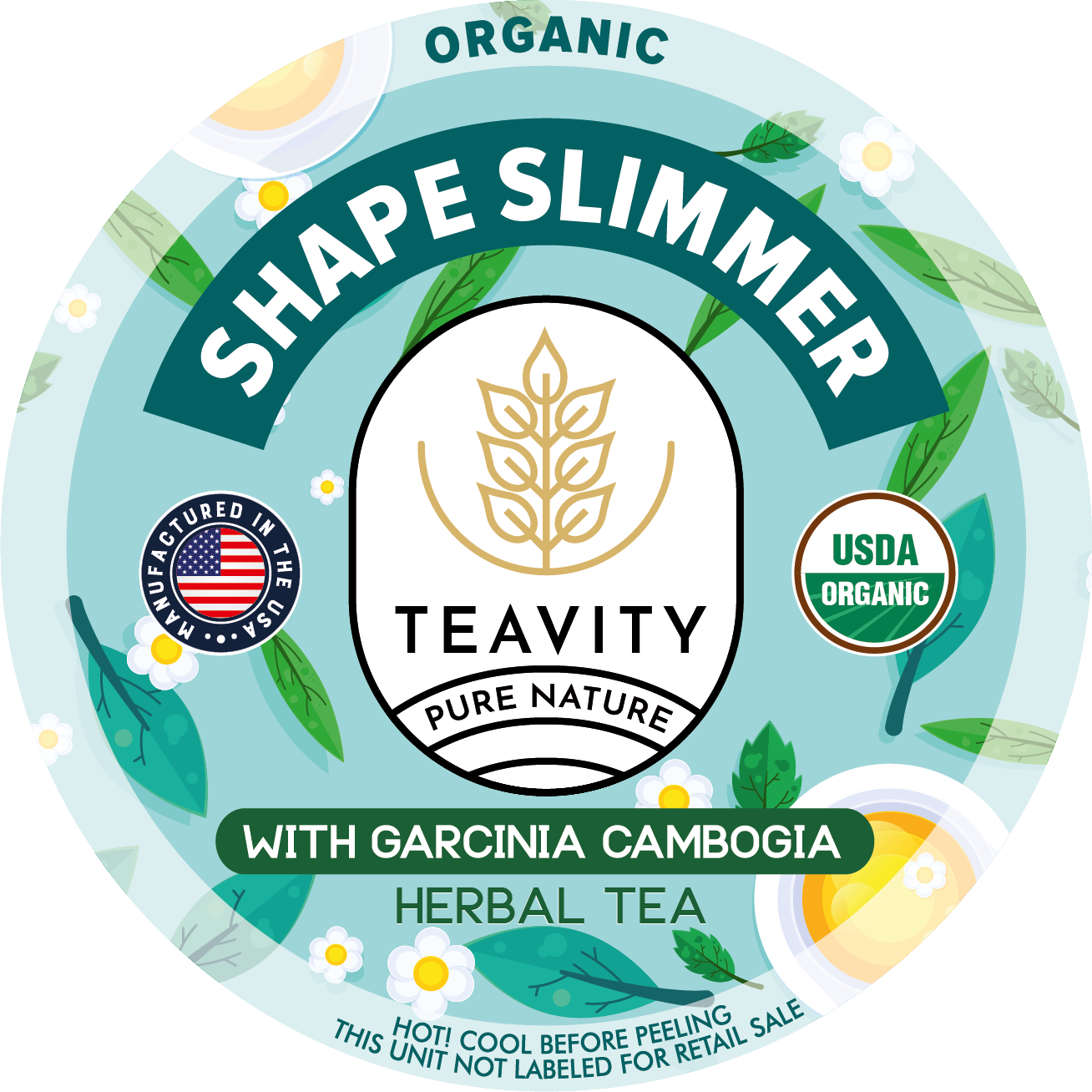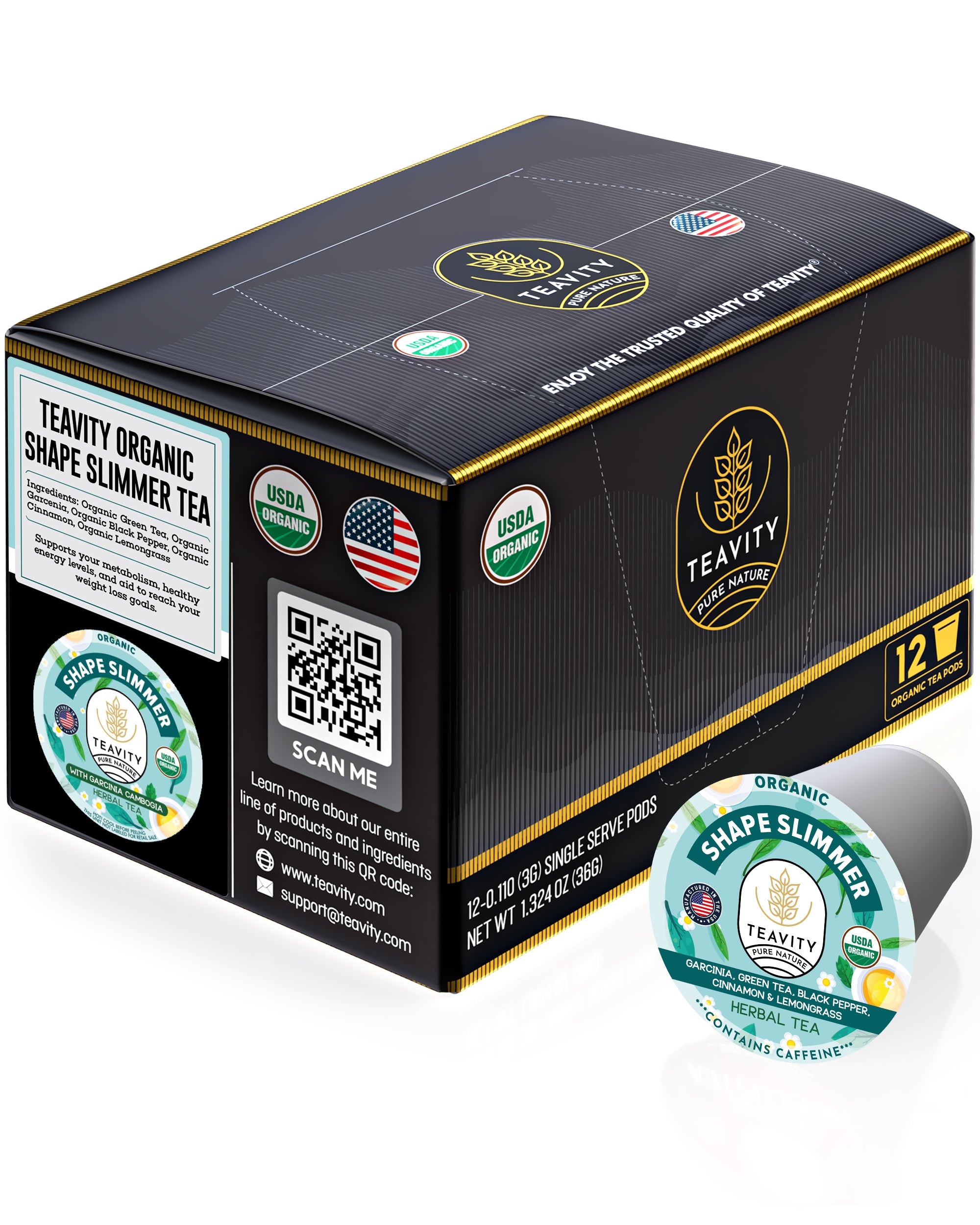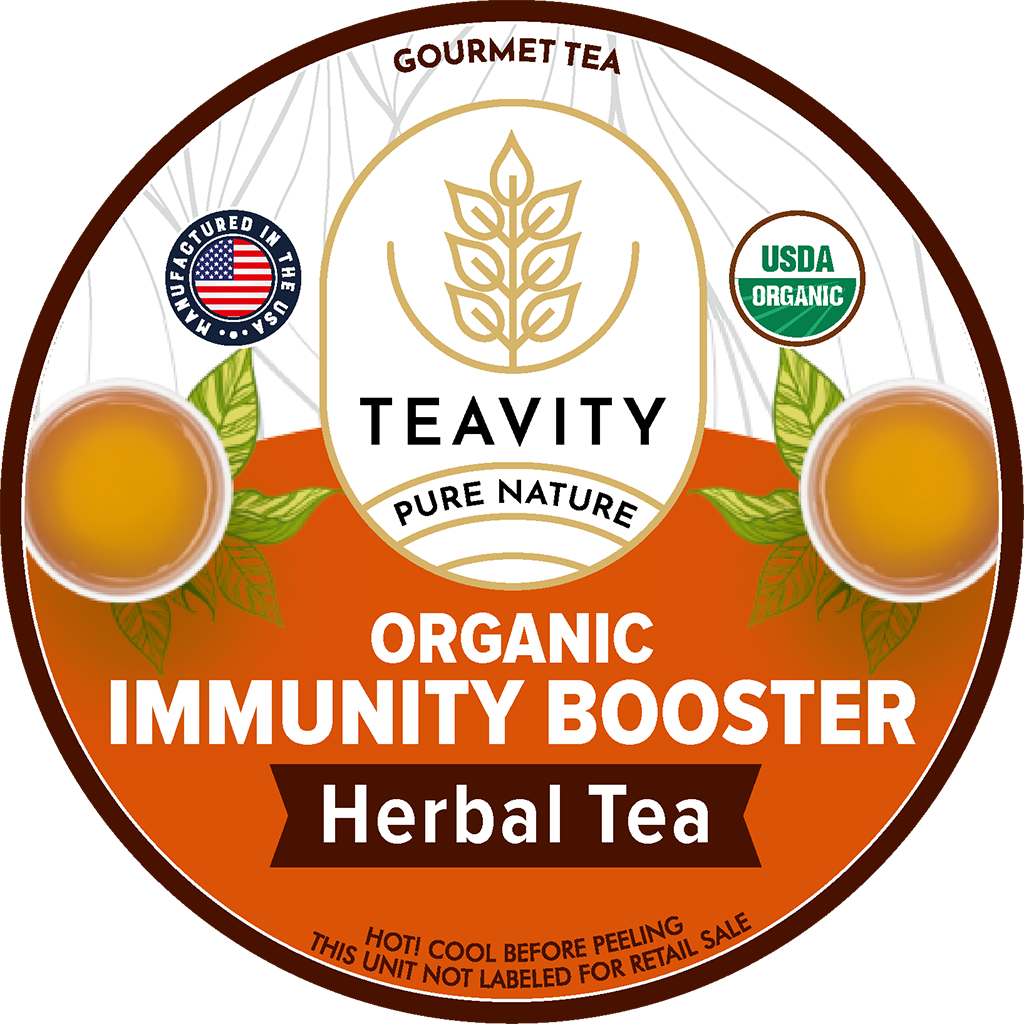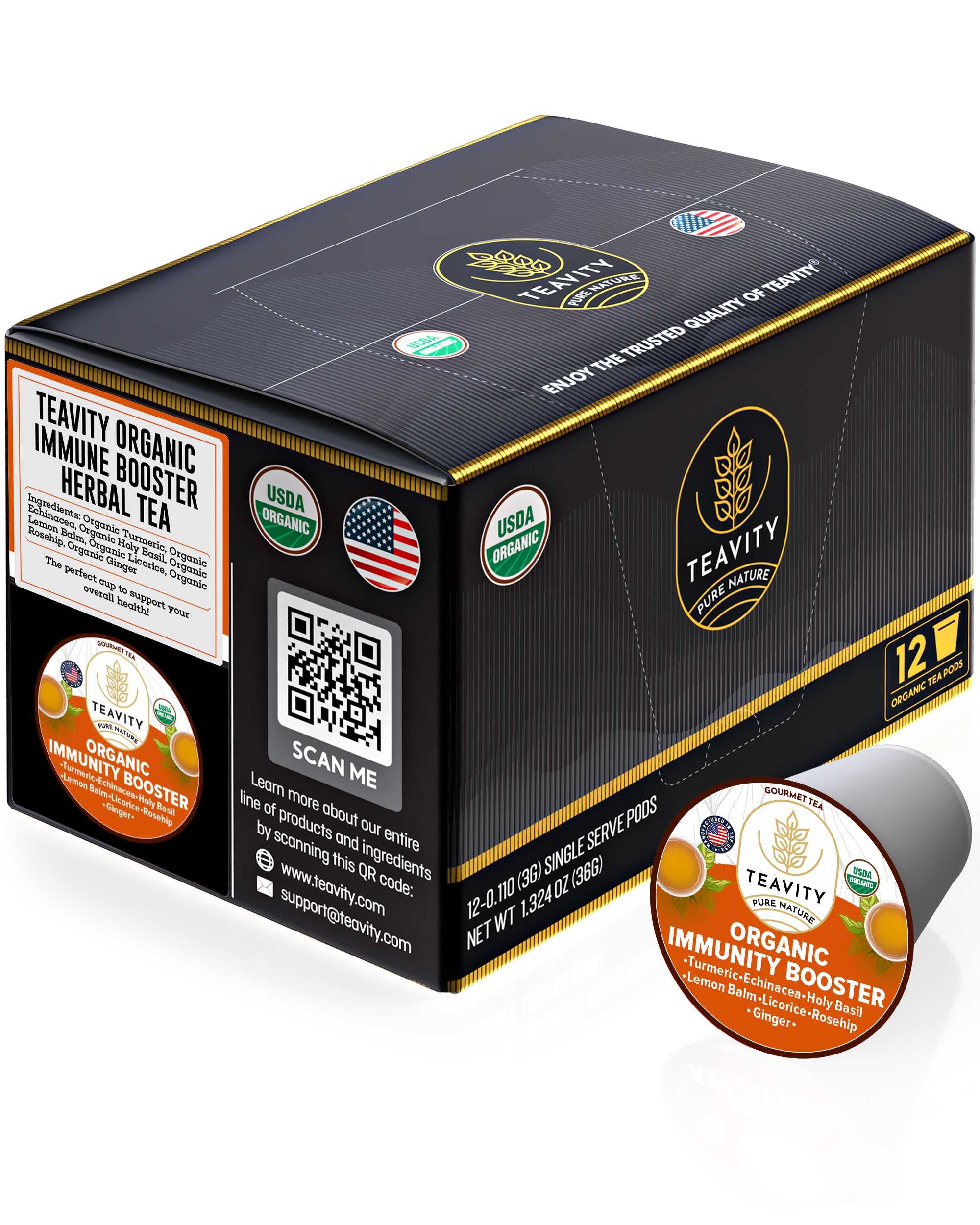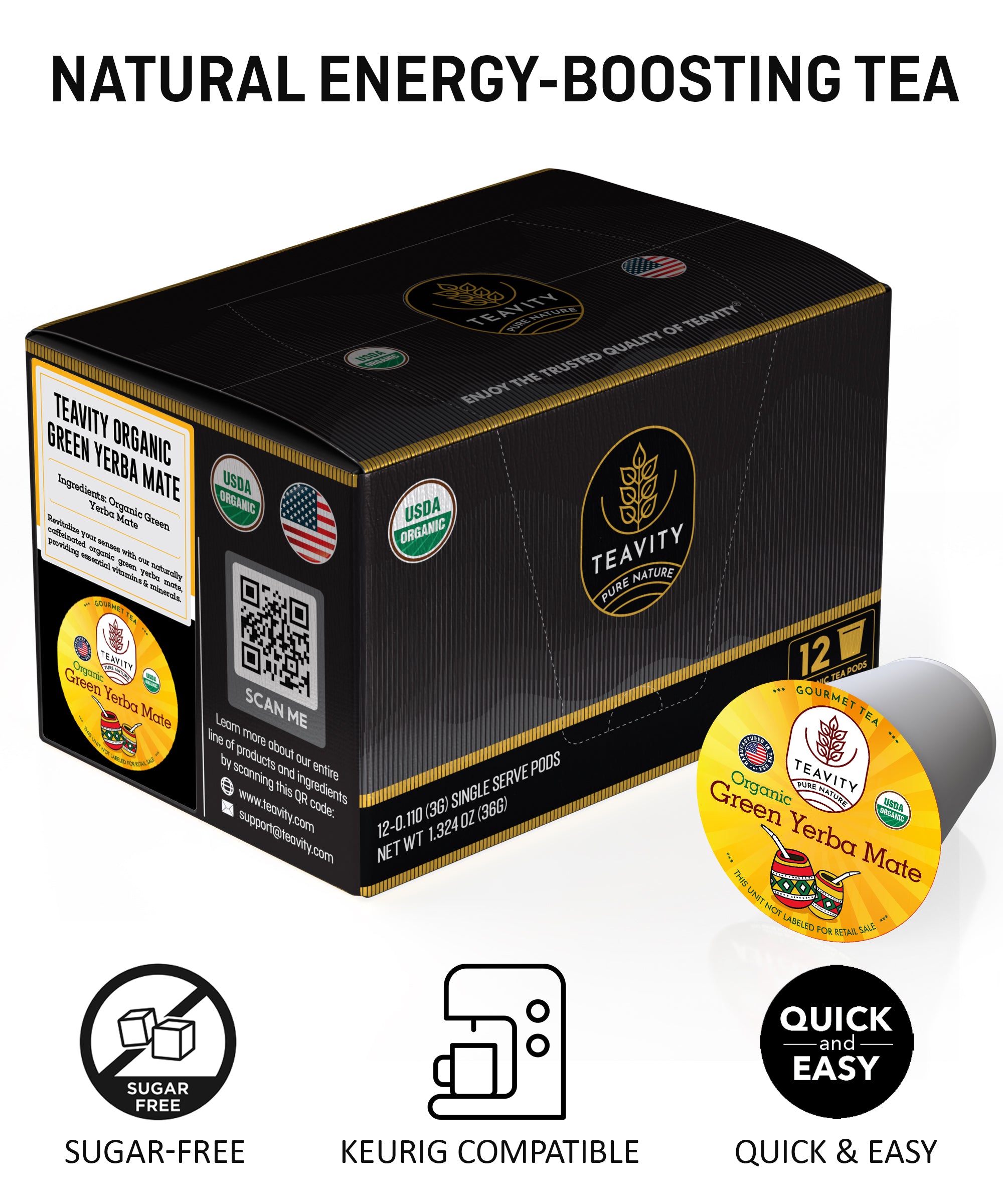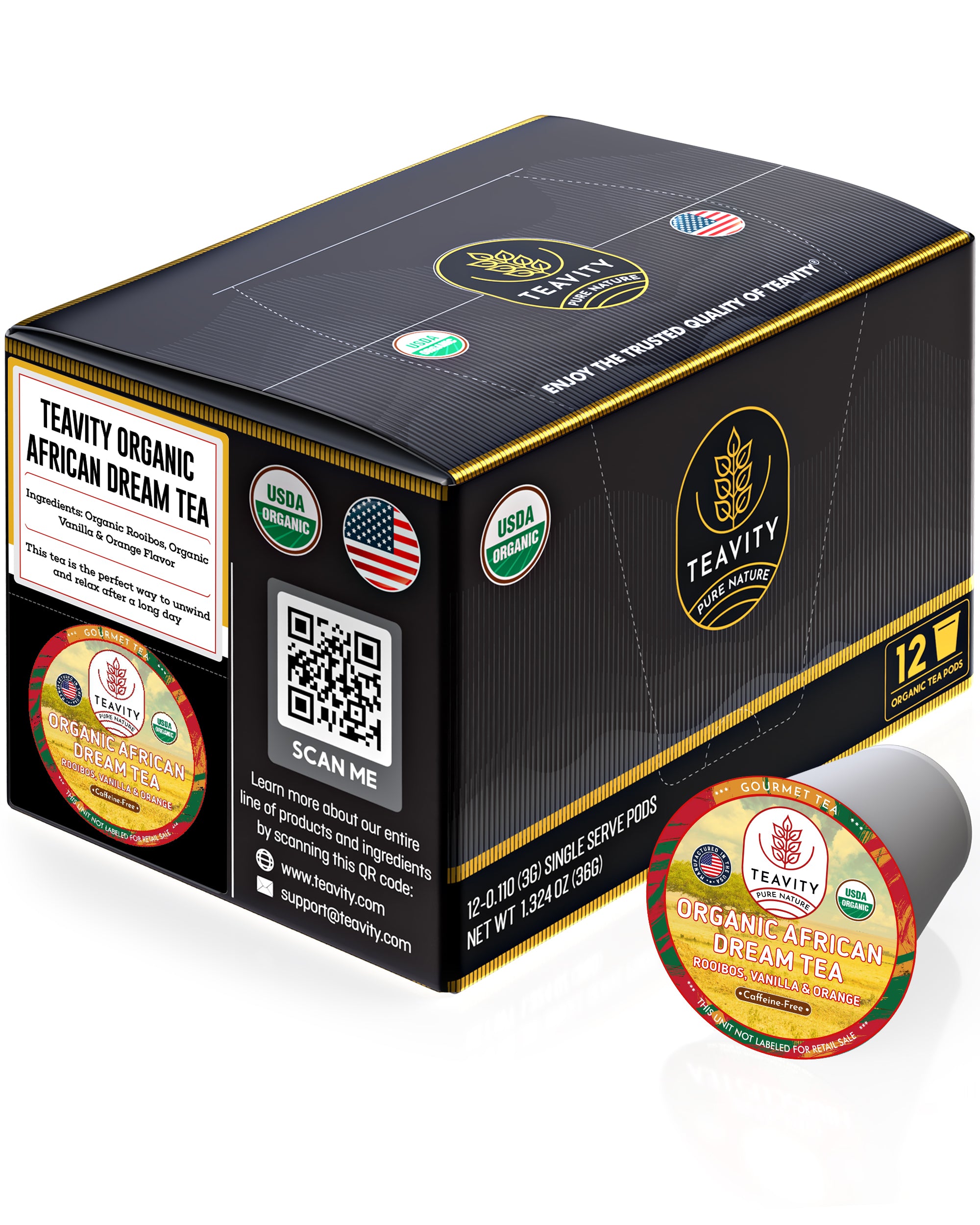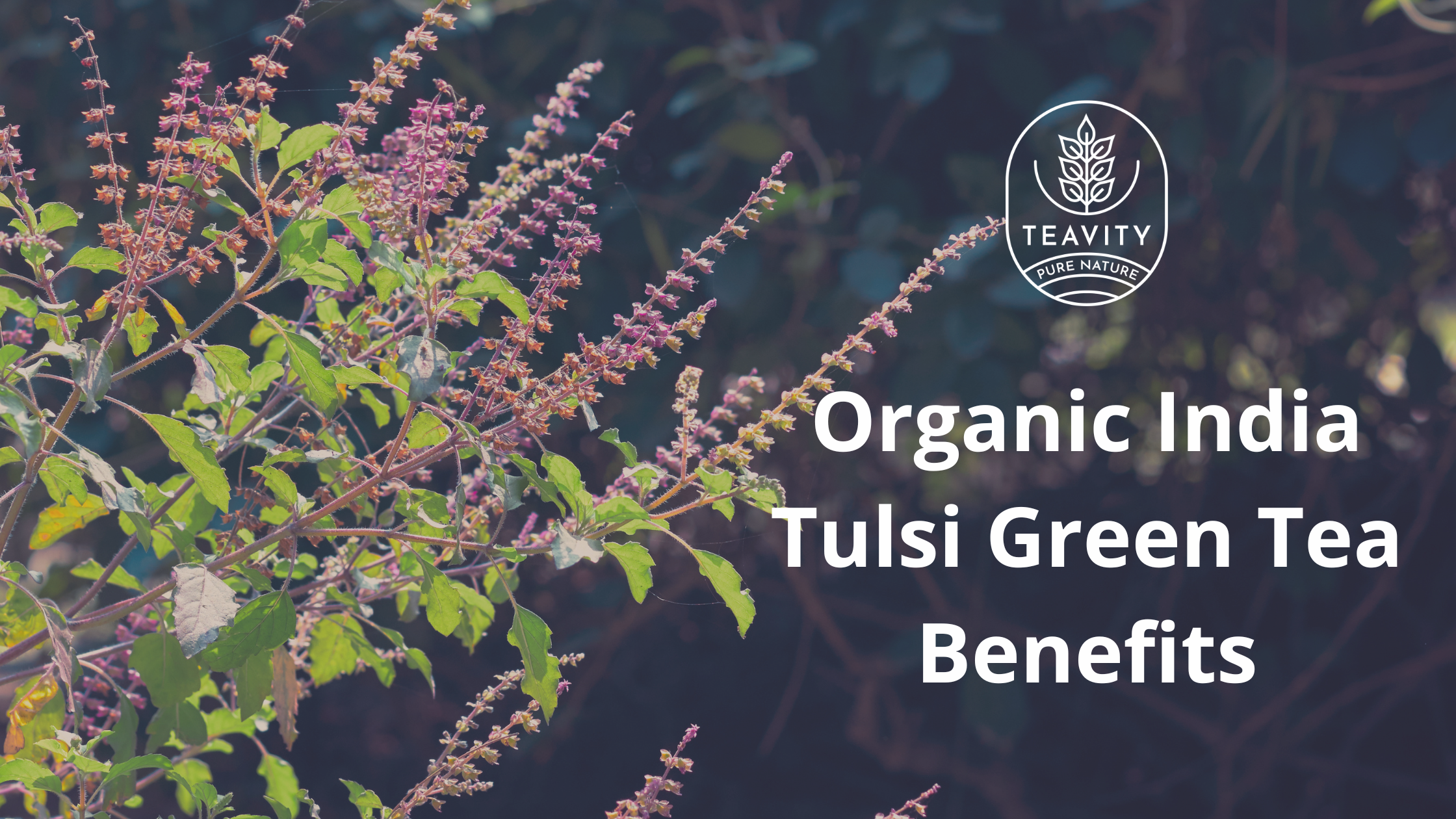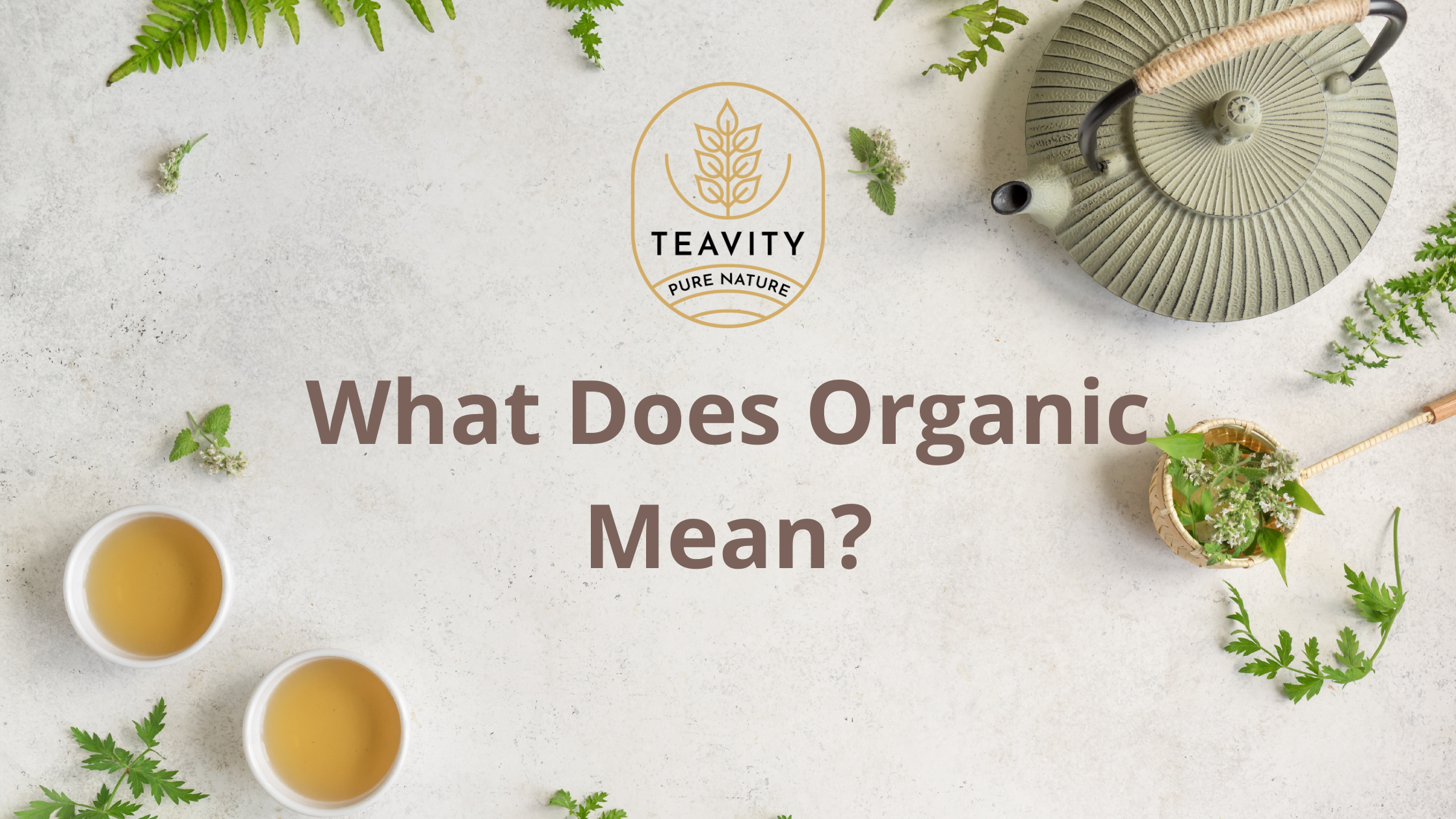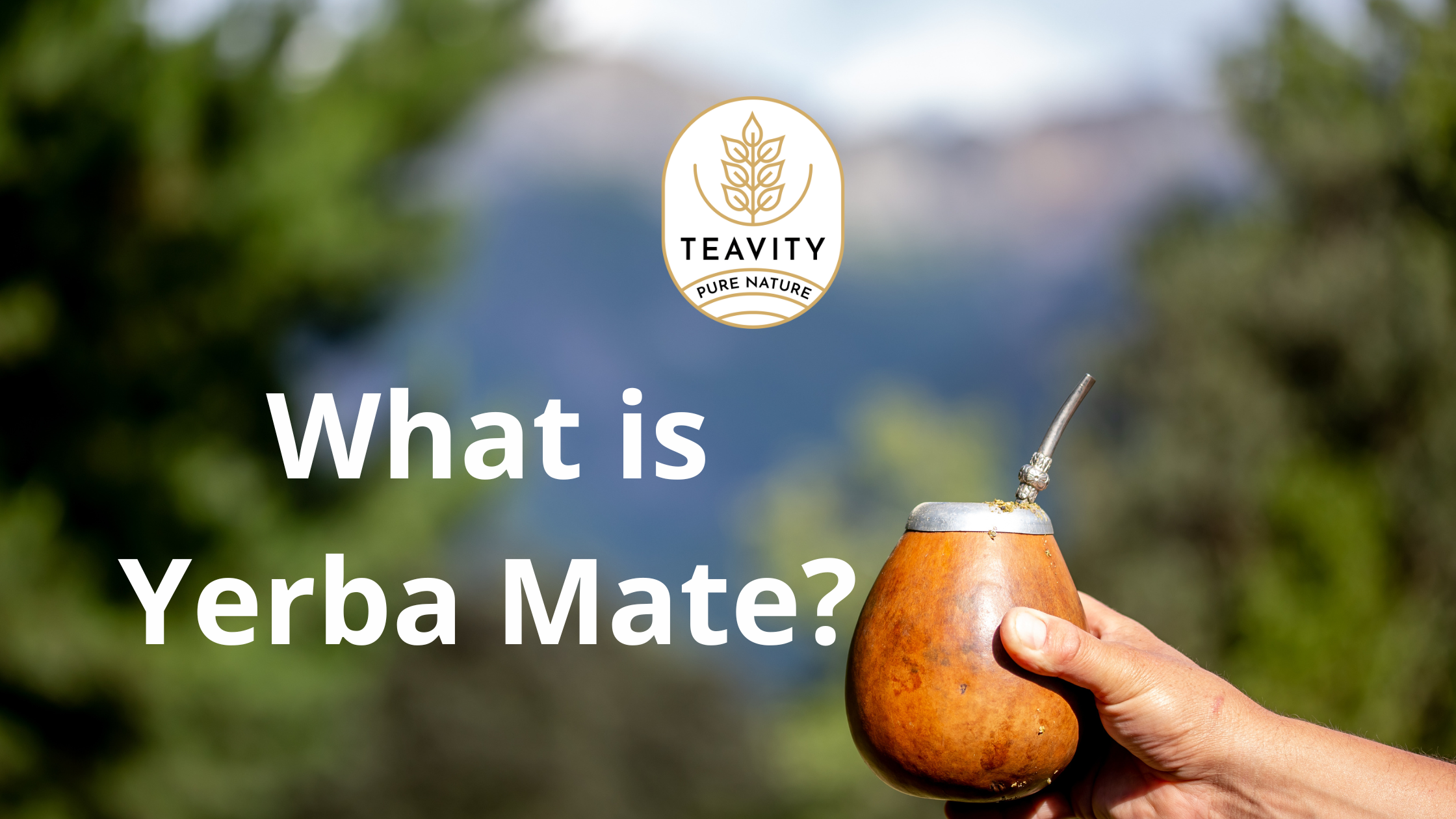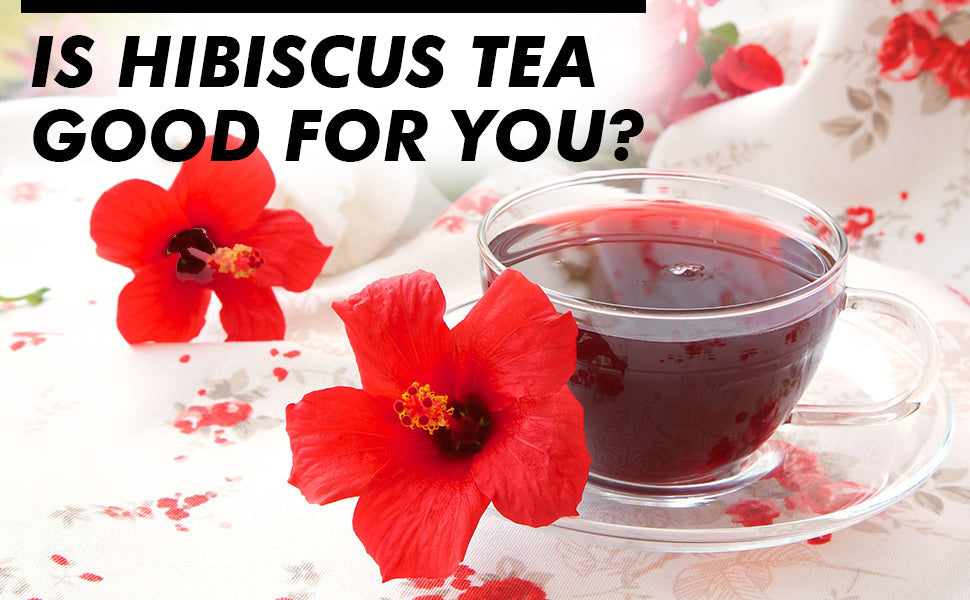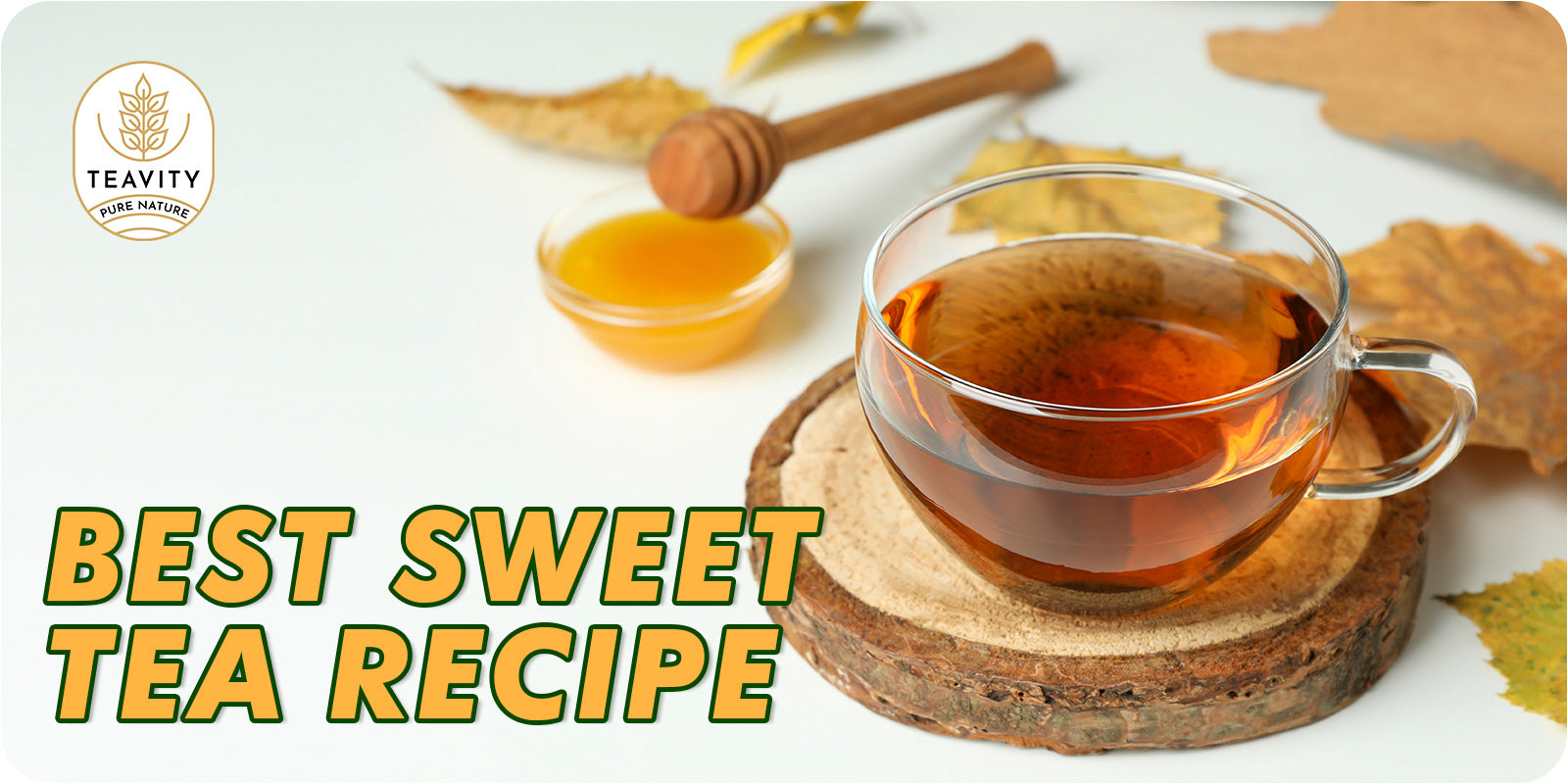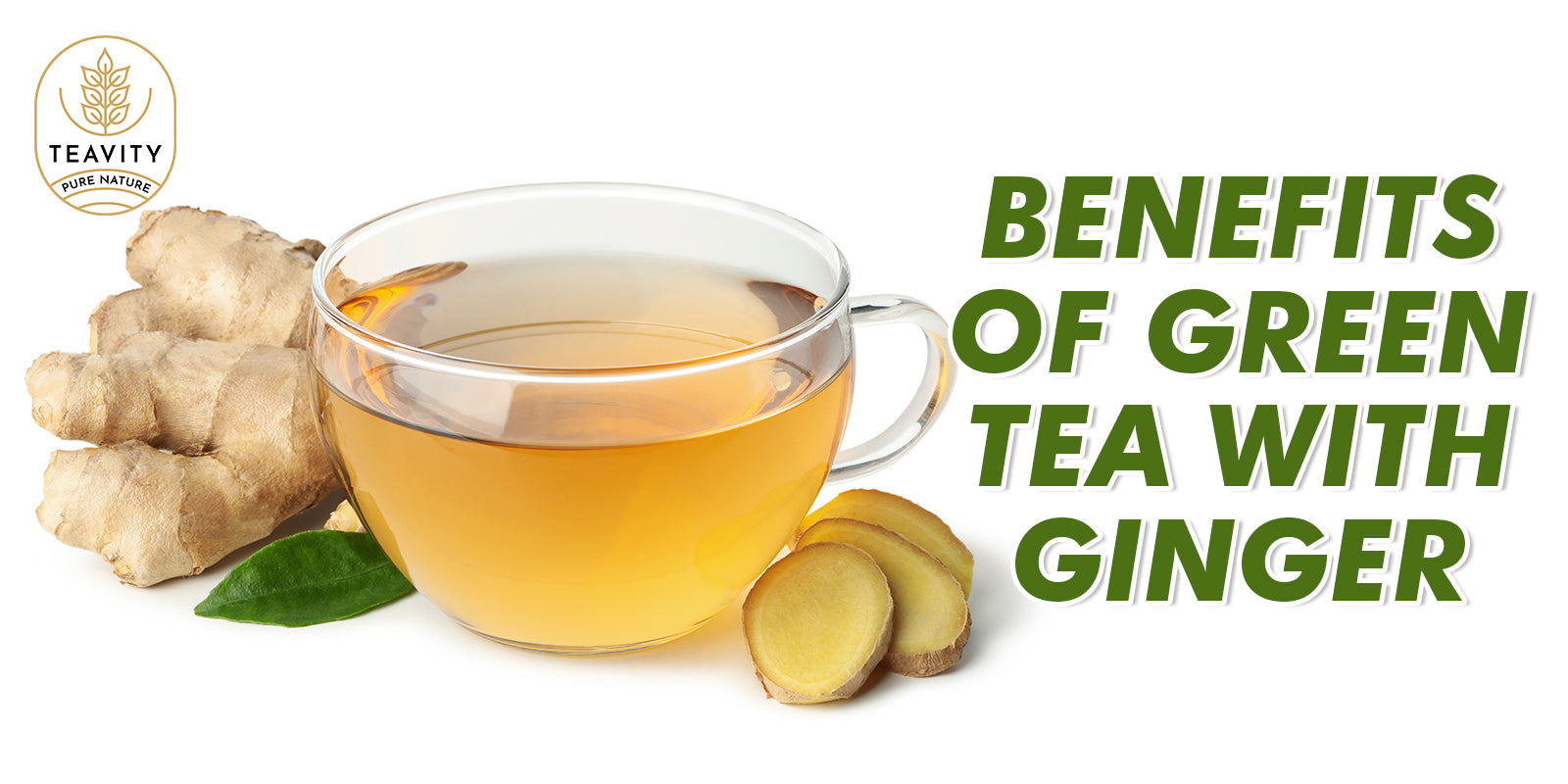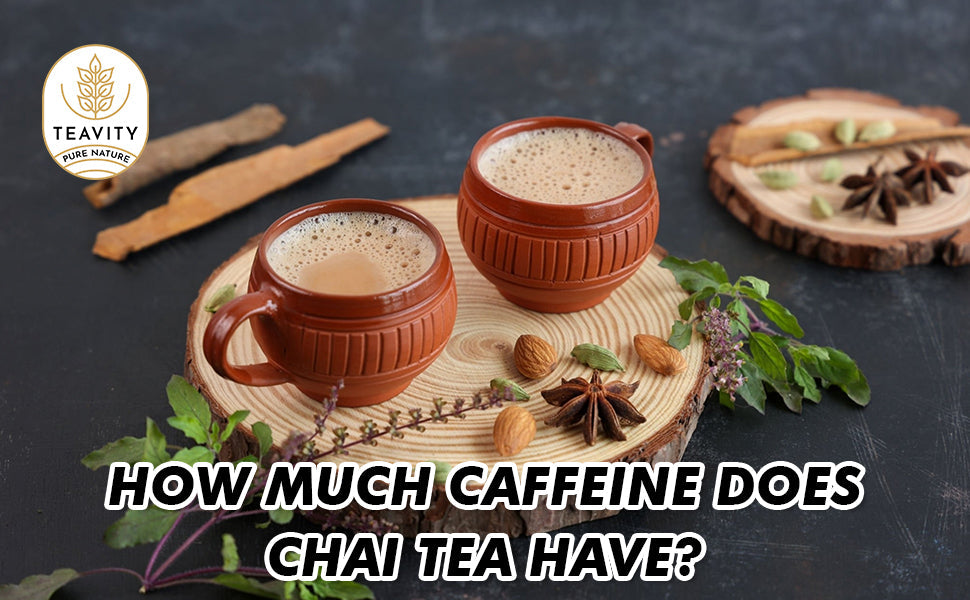
How Much Caffeine Does Chai Tea Have?
Unveiling the Caffeine Content of Chai Tea: Everything You Need to Know
Chai tea has gained immense popularity worldwide for its unique blend of spices and comforting flavors. This delightful beverage originates from India, where it has been enjoyed for centuries. In this article, we delve into the world of chai tea, exploring its caffeine content and ways to reduce it.
What is Chai Tea?
Chai tea is a traditional Indian beverage made from a combination of black tea, milk, spices, and sweeteners. The exact recipe can vary, but common ingredients include black tea leaves, cardamom, cinnamon, ginger, cloves, and black peppercorns. Chai tea offers a delightful balance of bold flavors, providing a rich and aromatic experience.
Caffeine Content in Chai Tea:
Understanding Caffeine: Caffeine is a natural stimulant found in various foods and beverages, including tea leaves. It is known for its ability to increase alertness and combat fatigue. However, excessive caffeine consumption can lead to adverse effects such as restlessness and sleep disturbances.
Factors Affecting Caffeine Content in Chai Tea:
The caffeine content in chai tea can vary based on several factors. The type of tea leaves used, the brewing time, the water temperature, and the tea-to-milk ratio all contribute to the final caffeine content. Generally, black tea contains more caffeine than green or white tea, which means chai tea made with black tea tends to have higher caffeine levels.
Typical Caffeine Content-Range:
The caffeine content in chai tea can vary widely. On average, a cup of chai tea made with black tea contains around 40-70 milligrams of caffeine. However, it's essential to note that these values may vary depending on the preparation method and the specific blend of tea used.
How to Reduce Caffeine in Chai Tea:
Opting for Decaffeinated Chai Tea: If you are sensitive to caffeine or prefer a caffeine-free option, consider choosing decaffeinated chai tea. Decaffeinated varieties undergo a process that removes a significant portion of caffeine while retaining the rich flavors and aromas.
Blending with Herbal Infusions:
To further reduce the caffeine content, consider blending your chai tea with herbal infusions. Herbal teas, such as chamomile, peppermint, or rooibos, are naturally caffeine-free and can complement the flavors of chai tea. Experiment with different herbal blends to find a combination that suits your taste preferences.
Limiting Brewing time:
The longer the brewing time, the more caffeine will be extracted from the tea leaves. To reduce the caffeine content, consider steeping the tea for a shorter duration. Start with 2-3 minutes and adjust to find the right balance between flavor and caffeine reduction.
Experimenting with Tea-to-Milk Ratio:
Another way to lower the caffeine intake is by adjusting the tea-to-milk ratio. Increasing the amount of milk or alternative milk can dilute the caffeine content, resulting in a milder chai tea experience. You can experiment with different ratios until you find the perfect blend that suits your taste buds.
Conclusion:
Chai tea is a delightful beverage that offers a perfect harmony of flavors and aromas. While it contains caffeine, there are several ways to reduce its content without compromising on taste. Whether you opt for decaffeinated varieties or blend with herbal infusions, there are plenty of options to enjoy a soothing cup of chai tea that suits your caffeine preferences. So go ahead and explore the world of chai tea, savoring every sip with newfound knowledge and creativity.
Source links:
-
"Caffeine Content of Food and Drugs" - U.S. Food and Drug Administration (FDA)
-
"Caffeine Content in Tea: How Much Caffeine in Your Cup?" - Tea Association of the USA
-
"Caffeine Content of Beverages: Chai Tea" - Center for Science in the Public Interest (CSPI)
